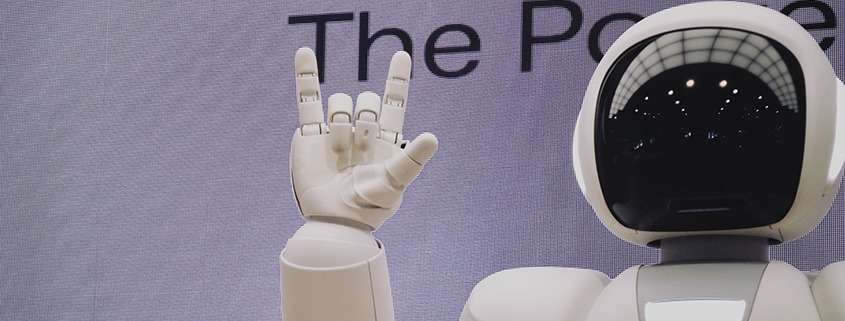Edited by John Wyatt and Stephen N Williams
This article was first published in the Church Times.
Steven Croft reviews essays about AI
This is a book best read backwards. It is a lively collection of essays and a very welcome contribution to an emerging field, but the most valuable material is in Part 3.
When I first began to explore the world of artificial intelligence (AI), what began to keep me awake at night was the concept of general AI: the possibility of intelligent, conscious machines that may or may not develop at some point in the future. But that perspective changed very quickly. What then began to keep me awake (and still does) was the present reality of unregulated narrow AI: the deployment of massive computing power and big data across limited fields to make an enormous impact for good and ill.
Part 1 of The Robot Will See You Now introduces the whole field and explores the prospects of general AI through the lens of science fiction and cinema and what all of this means for our humanity. The essays in Part 2 develop a theological response, again focusing on what it means to be human, on personhood, and on models of human partnership with technology. Together, the chapters provide a good introduction to the subject; but it all feels a bit speculative and arm’s-length.
The real substance is Part 3, with the detailed analysis of five key areas where AI is being deployed now and where serious Christian and ethical thinking is needed. Four of these essays are excellent introductions and the heart of the book: Andrew Graystone on sextech; Nigel Cameron on jobs; John Wyatt on health and social care; and Nathan Mladin and Stephen Williams on surveillance capitalism. The fifth, by Andrzej Turkanik on the uses of AI in artistic creation, is good, but more speculative.
The essays are brief, and there are inevitable omissions. I was surprised that the chapter on the future of work didn’t have more on the gig economy and what happens when humans work for machines. I was surprised that the chapter on health and social care wasn’t more positive about the immense potential for good in AI for developing advanced diagnosis and treatment for life-threatening diseases, and for improving standards of health care across the majority world. It would have been good to see generally a more extended treatment of questions of bias and transparency in algorithmic decision-making.
But, overall, this is a welcome contribution to a rapidly developing field. I hope that the authors and editors will continue their dialogue on the vital and necessary interface between Christian ethics and AI.
Dr Steven Croft is the Bishop of Oxford. He is a member of the House of Lords Select Committee on AI and a founding board member of the Centre for Data Ethics and Innovation.
The Robot Will See You Now: Artificial intelligence and the Christian faith
John Wyatt and Stephen N Williams, editors
SPCK £14.99
(978-0-281-08435-7)



